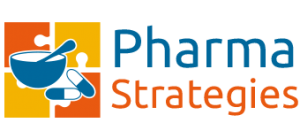Novartis Scemblix® receives positive CHMP opinion for the treatment of adults with newly diagnosed CML
arcticnovartis
- If approved, Scemblix will be indicated for adults with chronic myeloid leukemia (CML), both newly diagnosed and previously treated, expanding access to four times as many patients in Europe
- Scemblix is the only CML treatment with a superior efficacy and favorable safety and tolerability profile versus available first-line treatments1,2
